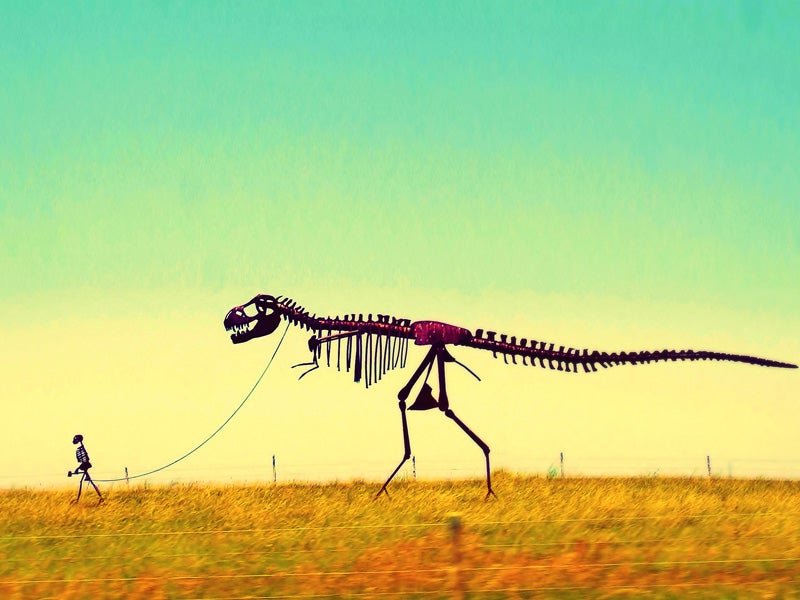We’re Now Entering the Earth’s Sixth Great Extinction
According to multiple studies, Earth has entered its sixth large-scale extinction. The last time extinction rates were this high was when dinosaurs were wiped out more than 65 million years ago.

This page was published 10 years ago. Find the latest on Earthjustice’s work.
Imagine the premise of the new movie “Jurassic World,” but with a little twist. Instead of dinosaurs that have been genetically engineered and recreated for the world to see, it’s butterflies, frogs, sea lions, polar bears and…humans? That’s right; scientists believe humans are having a huge impact on what is now being called the Sixth Extinction, and to our own detriment.
According to a new study published last month in the journal Science Advances, Earth has entered its sixth period of large-scale extinction. Scientists from universities in the U.S. and Mexico found that species are disappearing at a rate 114 times faster than normal. The last time extinction rates were this high was when dinosaurs were wiped off the face of the Earth more than 65 million years ago.
Researchers have used the term “Sixth Extinction” before, including in an article published in Science last year that drew a much scarier conclusion (the authors in that study argued that the current rate of extinction is more than 1,000 times faster than average). The more recent report used more conservative estimates, but still found that the rate of loss we’ve seen over the last century would normally be seen over a period of 10,000 years.
The International Union for Conservation of Nature keeps track of all known threatened species on their “Red List,” which is backed by governments, scientists and conservationists. According to them, no species has gone extinct in 2015, but almost one third of all known species of plants and animals (about 22,784 species) are currently at risk. The primary culprit is habitat loss from human-caused deforestation and development, but the authors of the new Science Advances study also say climate change is making the problem worse.
This mass extinction has major implications. Not only will it greatly impact ecosystems, as species that form every link in the food chain—from pollinators to predators—begin to go extinct, but also humanity’s ability to survive. We depend on other species for everything from water purification to crop pollination to keeping insects in check. Without biodiversity, we will be in serious jeopardy of going extinct ourselves.
There have been many studies published in the past year or so detailing the current extinction crisis (as you can see from my previous blogs on the subject here, here and here). Each group of researchers has its own take on the crisis and addresses the problem from different angles, but all come to the same conclusion: We must act now in order to stop the cascade of extinctions.
Though the window of time left to act is slowing closely, we can still halt the process. In the U.S., the Endangered Species Act has been effectively protecting species from going extinct for decades with some great successes. But this bedrock environmental law is currently facing attacks from members of Congress who are trying to undermine our only defense against extinction. Tell your Congressperson to protect the Endangered Species Act from political attacks. Without it, we may be the stars of the next installment of “Jurassic Park.”
Established in 1989, Earthjustice's Policy & Legislation team works with champions in Congress to craft legislation that supports and extends our legal gains.